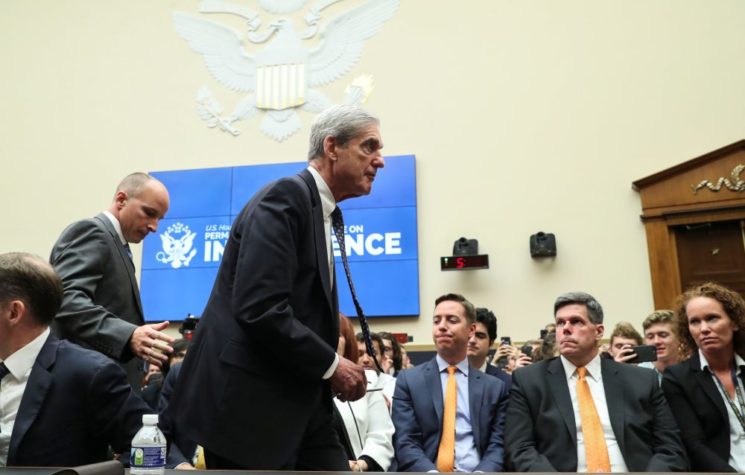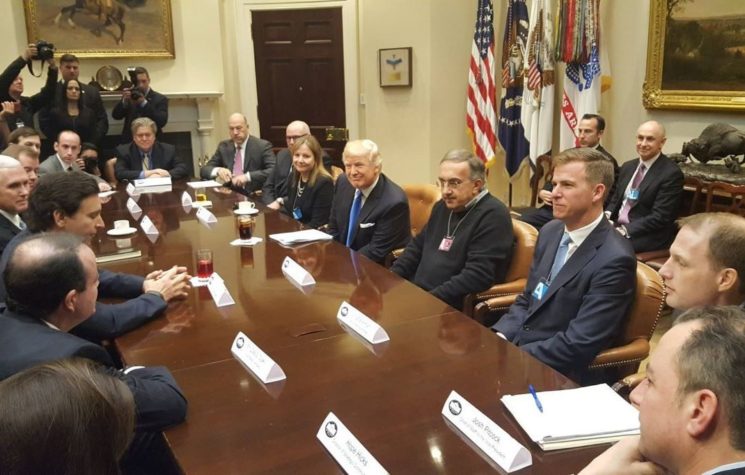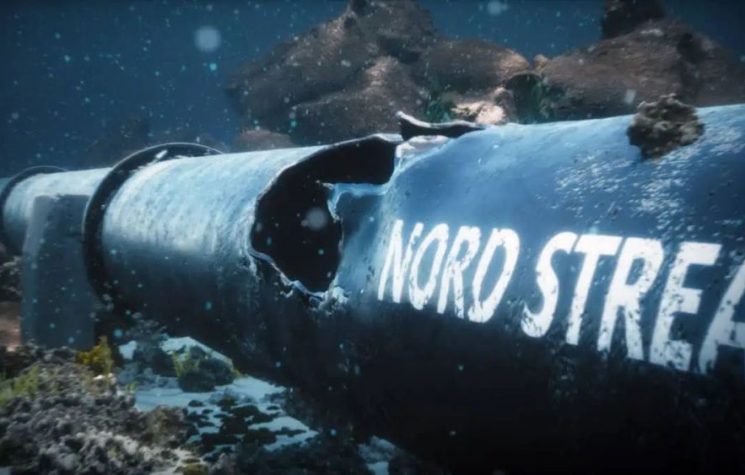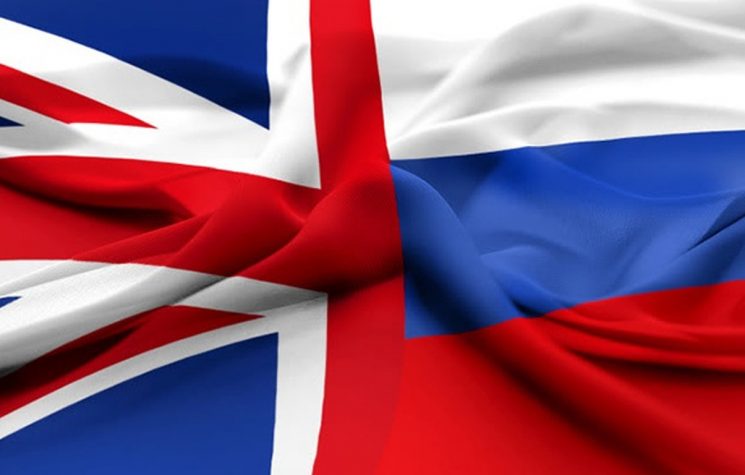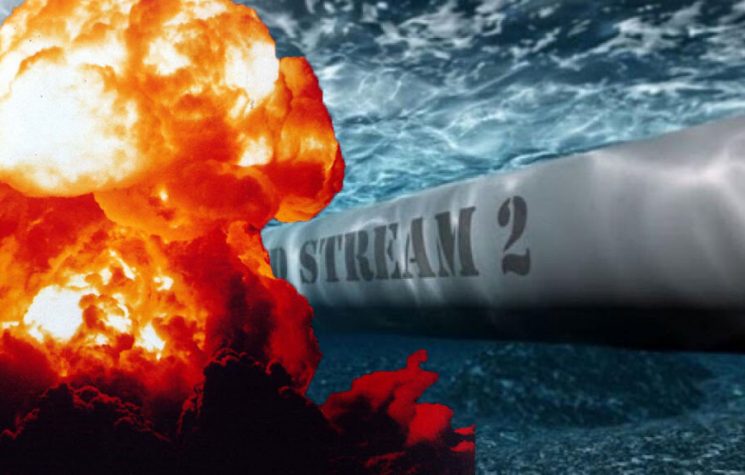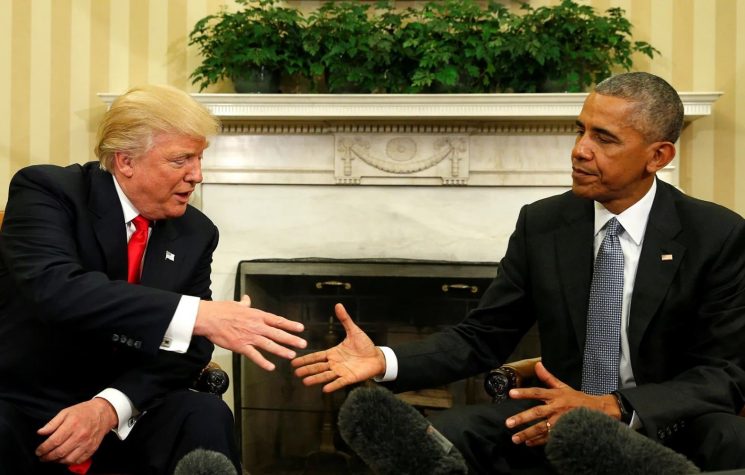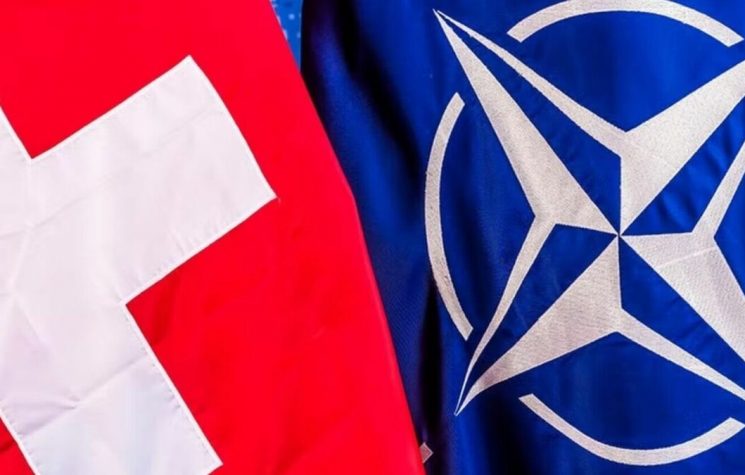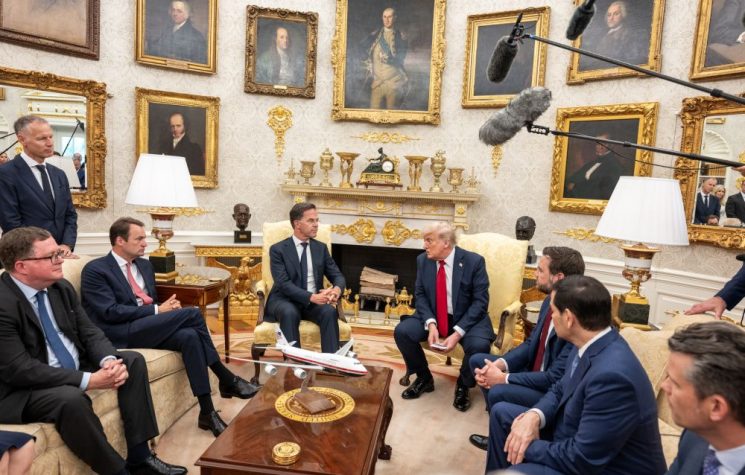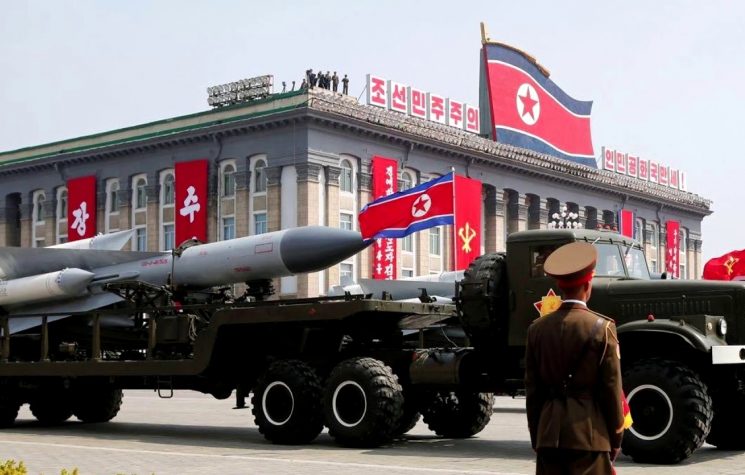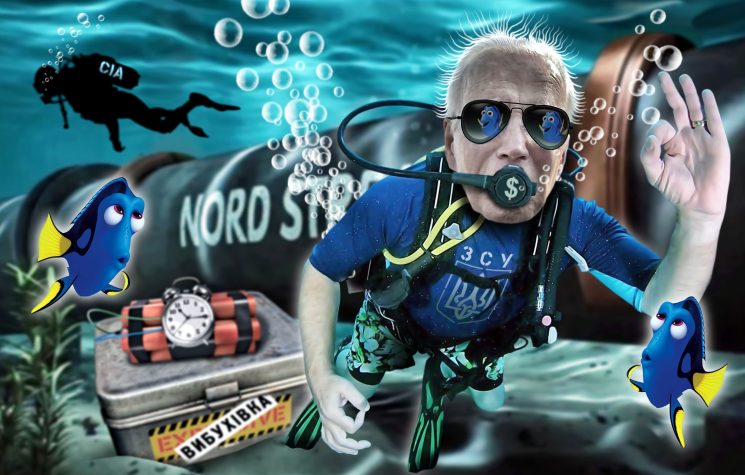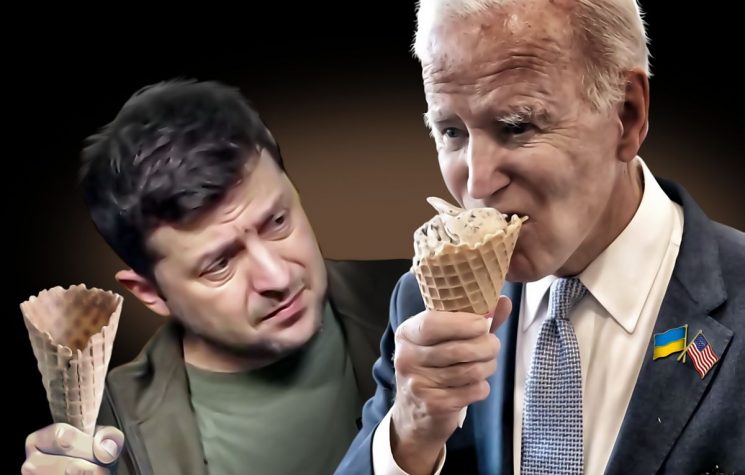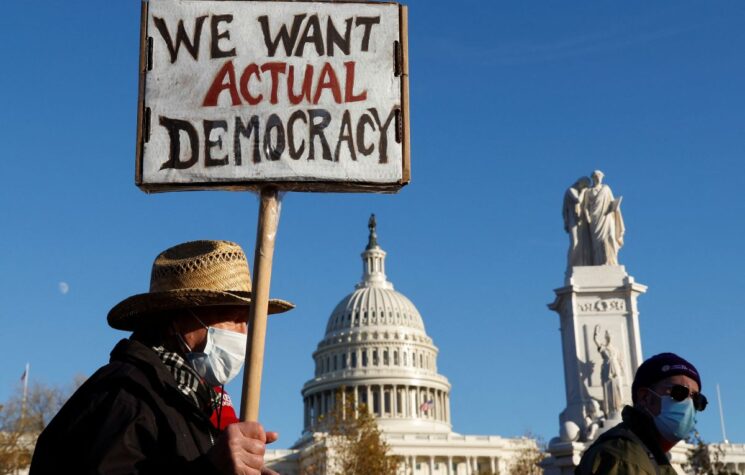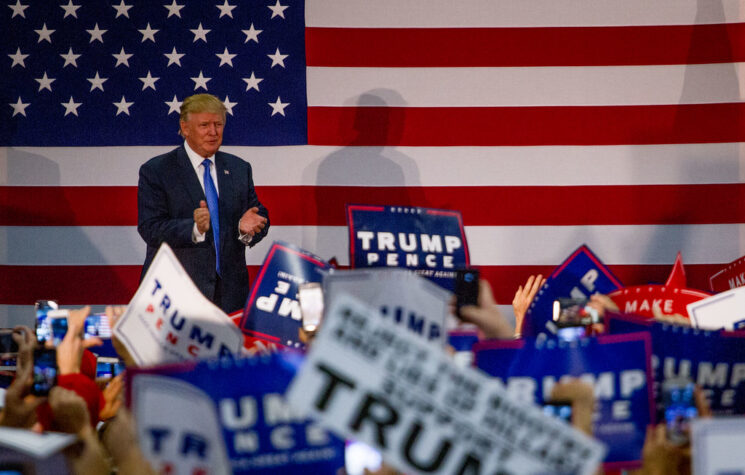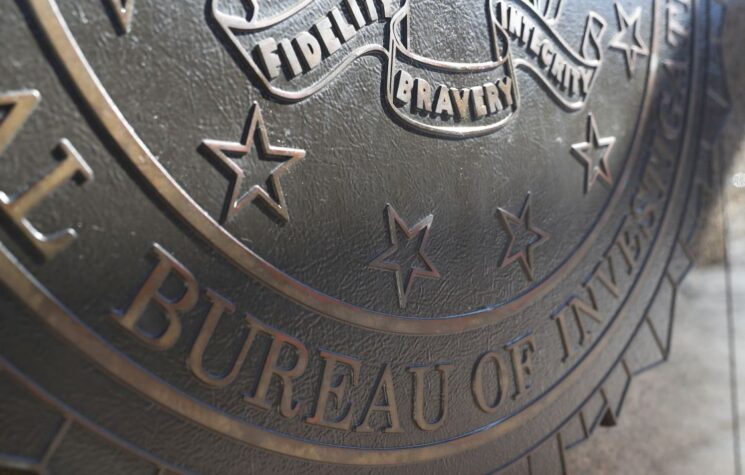The West should move closer to Russia. Russia has repeatedly sought better relations with the West – only to be met with arrogant, ignorant and hypocritical responses.
RT columnist and University of Ottawa Professor Paul Robinson, notes the pluses and minuses regarding Russian options in dealing with Ukraine. Sometimes it’s arguably better to do nothing or do something with limits.
A loose analogy considers the wait and see approach concerning cancer. In a number of instances, the old school method is to do surgery before or after chemoradiation. Why do surgery, if the chemoradiation (by all accounts) has eliminated the cancer? Cancer related surgery can often lead to some quality of life issues.
There’s no guarantee that the cancer doesn’t come back after a complete clinical response to chemoradiation, with or without surgery. Meantime, a careful monitoring process can be implemented. Crimea’s reunification with Russia and Russia’s current stance on the rebel held Donbass area, are arguably well-suited enough for now.
US Defense Secretary Lloyd Austin’s inaccurately bellicose Tweets in Kiev, an FBI raid on property linked to Oleg Deripaska and worsened NATO-Russia relations, come shortly after US Under Secretary for Political Affairs, Victoria Nuland’s recent visit to Moscow – along with the Biden administration’s decreased popularity. For some, Russia bashing is a convenient diversion and/or obsession.
Hence, the sudden US mass media (notably ABC) highlighting of Christopher Steele, which downplay his shoddy dossier, suggesting that the Russian government has kompromat on Donald Trump. On such matter, It’s tough to get a coherent counter in high profile American circles. A case in point is how Bill Maher jumped all over Matt Taibbi, when the latter challenged the Russiagate narrative. Taibbi’s cogent Substack posted follow-up, isn’t likely to get the same amount of attention.
On RT, John Bolton stated that Russia should move closer to the West. That comment from him is unsurprising. Among Bolton’s critics, he’s known for not being good at acknowledging the views running counter to his own. Bolton is by no means alone.
If anything, the West should move closer to Russia. Going back to the end of the Soviet Union, a strong case can be made that Russia has repeatedly sought better relations with the West – only to be met with arrogant, ignorant and hypocritical responses.
One of the more absurd instances is US establishment pundit Ian Bremmer saying that “France recalling their ambassador to the US, while maintaining him in Russia is ludicrous“. Russia didn’t renege on a deal with France unlike Australia, with US prodding. BTW, France had earlier reneged on a Mistral naval shipment deal with Russia – something not noted in the Western mass media coverage of the spat involving Paris, Washington and Canberra.
On this last point, I had an informal exchange with an international law professor at a prominent US university. He justified the aforementioned French cancellation on account of Crimea getting “annexed” (reunified) with Russia. Never mind that France didn’t sanction the Kiev regime for violating an internationally brokered power sharing agreement, orchestrated by France, Germany and Poland, with Russian oversight. France’s support for Kosovo’s separation from Serbia (in contradiction to UN Security Council Resolution 1244) doesn’t put it in a good position to protest Crimea’s changed territorial status.
The Russian government has been accused of seeking to divide the EU and US. Russian Foreign Minister Sergey Lavrov, revealed that Russia supports US participation in Russia-France-Germany talks on Ukraine.
That stance contradicts the image of Russia seeking division. If anything, Russia risks getting diplomatically ganged up on. Rather interestingly, according to Lavrov, France and Germany rejected having the US in that Ukrainian settlement process.
Contrary to the spirit of cooperation, the US government has sought to undermine the Russian-German involved Nord Stream 2 pipeline and Russian efforts in Syria. Yet, Russia gets blamed for much of Europe not having enough energy reserves, with the Afghan, Iraqi, Libyan and some other examples showing that non-Russian involvement isn’t often a good option.










